Psychedelic Water
$60.00 Original price was: $60.00.$57.00Current price is: $57.00.
BUY PSYCHDELIC WATER NOW AUSTRALIA | USA | UK |
CANADA 2023
DESCRIPTION
Neither ingredient is a hallucinogen. Psychedelic Water also contains green tea leaf extract, which the manufacturer claims balances kava’s effects and bitter taste.
Psychedelic Water results in a “mild, calming sensation,” with its mood-boosting effect being attributed to kava. Kava is another word for the aromatic Polynesian shrub Piper methysticum, which is native to Oceania.

The largest exporters of kava are Tonga; Vanuatu; Samoa; and Fiji, where kava is considered a national drink.
The term kava also refers to the bitter drink made from the roots of the kava plant. Kava has traditionally been cultivated and consumed in Pacific Island societies, including during religious and cultural ceremonies, due to its psychoactive properties.
It is scientifically proven that kava consumption may result in slight numbness of the tongue and lips, increased sociability, muscle relaxation, and a sense of peace and harmony.
Kava has successfully been used to treat generalized anxiety disorder, although researchers noted isolated cases of psychosis and hallucinations following kava use by the tested patients.
Kava appears to be non-addictive, but chronic consumption of kava may result in increased tolerance. Chronic kava use is also associated with scaly skin rashes, weight loss, nausea, loss of appetite, and indigestion.
These effects typically fade when kava consumption stops. At high doses higher than those in the mild Psychedelic Water.
kava’s effects are similar to those of alcohol, inducing drunkenness, imbalance, and slurred or slow speech.
Unlike alcohol, kava does not cause hangovers or impair reasoning, which explains why some consume Psychedelic Water socially as an alternative to alcohol.
Like alcohol, however, kava has been linked to liver problems.

Traditional kava drinkers in Pacific cultures generally do not report liver damage. Some Western kava consumers, however, have reported various levels of hepatotoxicity including cirrhosis, hepatitis, and liver failure — although these results have been inconsistent across various studies. Some Pacific kava drinkers argue that differences in physiological effects may arise because of the way the kava extract is obtained, which is traditionally done via water extraction. From 1999 to 2002, 10 patients from the US and Europe needed liver transplants after consuming products containing kava; they either took kava in capsule form or extracted it from acetone or ethanol.
The review emphasized, however, that numerous gaps exist in the research due to the lack of reliable data on kava consumption, preparation, and side effects.
Research is also needed to determine the effects of consuming kava in conjunction with other psychoactive substances like alcohol, cocaine, or hallucinogens.
For the manufacturer of Psychedelic Water, it is just the beginning. According to Ben Rogul — the head of marketing at Psychedelic Water — the company’s aim is to “open up the conversation and push for legal reform of illegal psychedelics.”
To find out if there is a retail store near you you can check the store locator here: https://shroomhome.com

Psychedelic water will not make you hallucinate but it does relax you and can be used as an alternative to alcohol. It comes in 3 different flavors and is GMO free, Gluten free, and Vegan friendly.
If you’re ordering online and an Amazon prime member you can get it delivered free within just a few days!
Hopefully this was helpful, and you can now get your hands on some Psychedelic water!
Psychedelic Water Flavors
Kava Root
Used for centuries as a social drink to promote feelings of euphoria, this mood-boosting psychedelic root melts away stress so you can feel calm, clear-headed and happy.
Turnera Diffusa Leaf
Historically, turnera diffusa has been used as an aphrodisiac. Today, we harness the power of its psychoactive properties to help you feel less stressed.
Green Tea
Our favorite antioxidant-rich leaf contains fat-burning properties plus caffeine that balance the soothing effects of kava.
Delectably juicy, perfectly light and subtly bubbly, this ode to new possibilities packs an ego-boosting punch. Natural Prickly Pear all the way from the dry, arid desert have come together with our Psychedelic blend to awaken and elevate your senses.
Made with the juice of the prickly pear fruit, this has a sweet and slightly tangy taste that is sure to satisfy your taste buds.
The vibrant pink color of the drink comes from the natural pigments of the prickly pear fruit, making it visually stunning as well. It is perfect for sipping on a hot summer day, mixing into a fruity mocktail.
Ingredients
Carbonated water, organic erythritol, natural flavors, monk fruit juice concentrate, kava kava root extract, turnera diffusa leaf extract, green tea leaf extract, citric acid, organic stevia leaf extract.
where to buy psychedelic water near me,
is psychedelic water safe,
psychedelic water cup,
what does psychedelic water do,
psychedelic water does it work,
where can you buy psychedelic water,
| Quantity | (12 packs) mixed |
|---|
Be the first to review “Psychedelic Water” Cancel reply
Related products
Bestsellers
Bestsellers
Bestsellers
Bestsellers
Bestsellers
Bestsellers
Bestsellers
Bestsellers
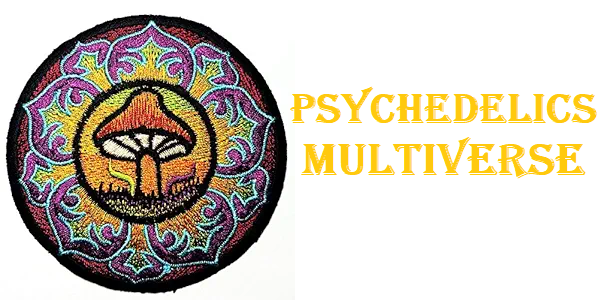





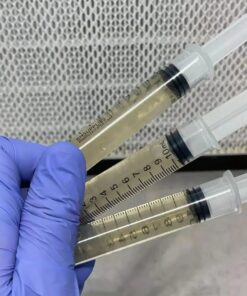
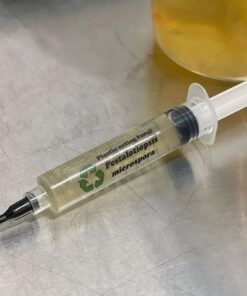
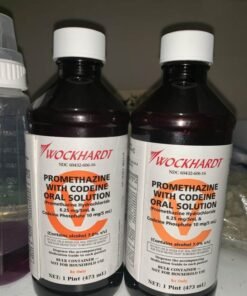







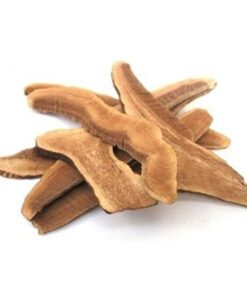
Reviews
There are no reviews yet.